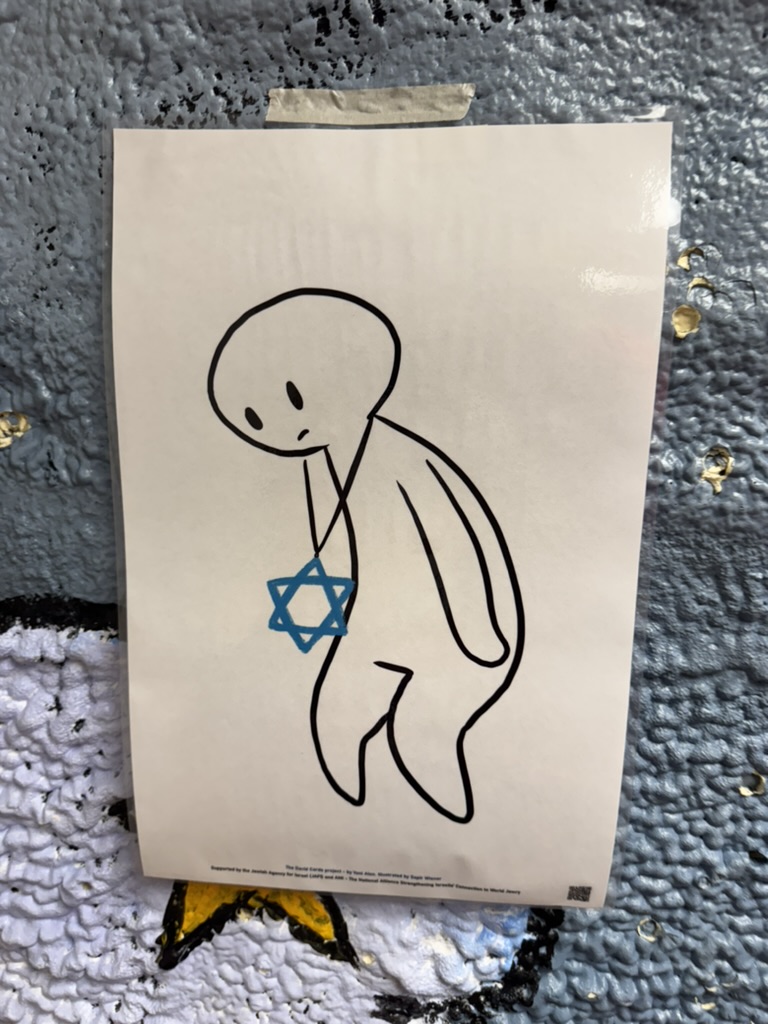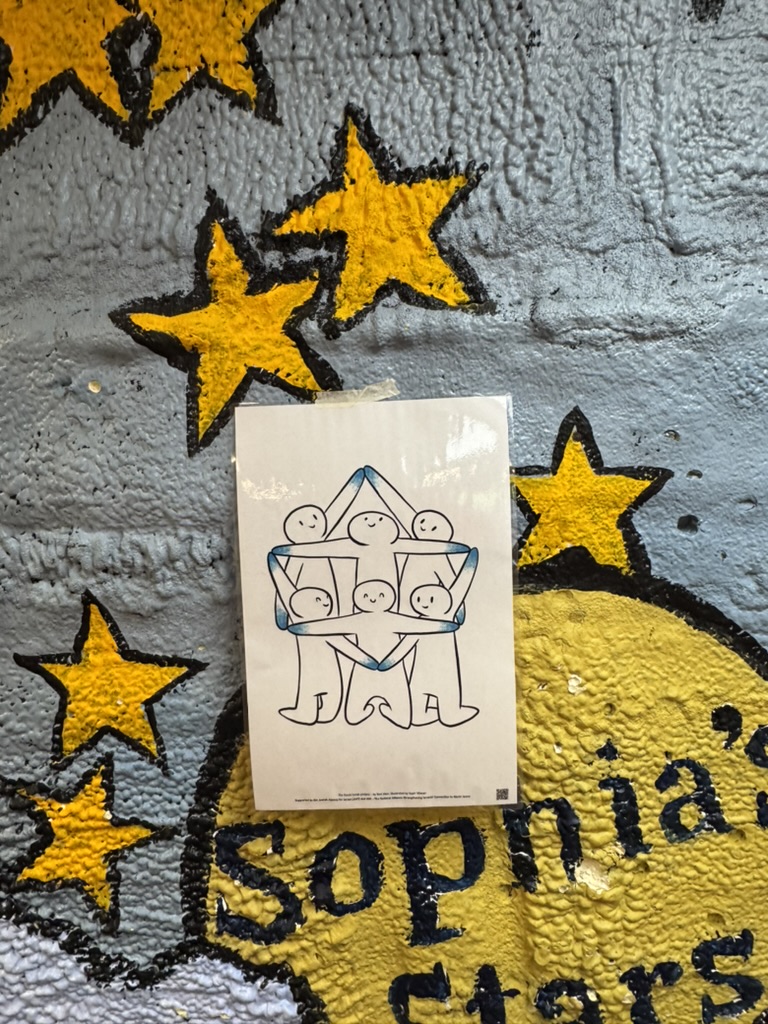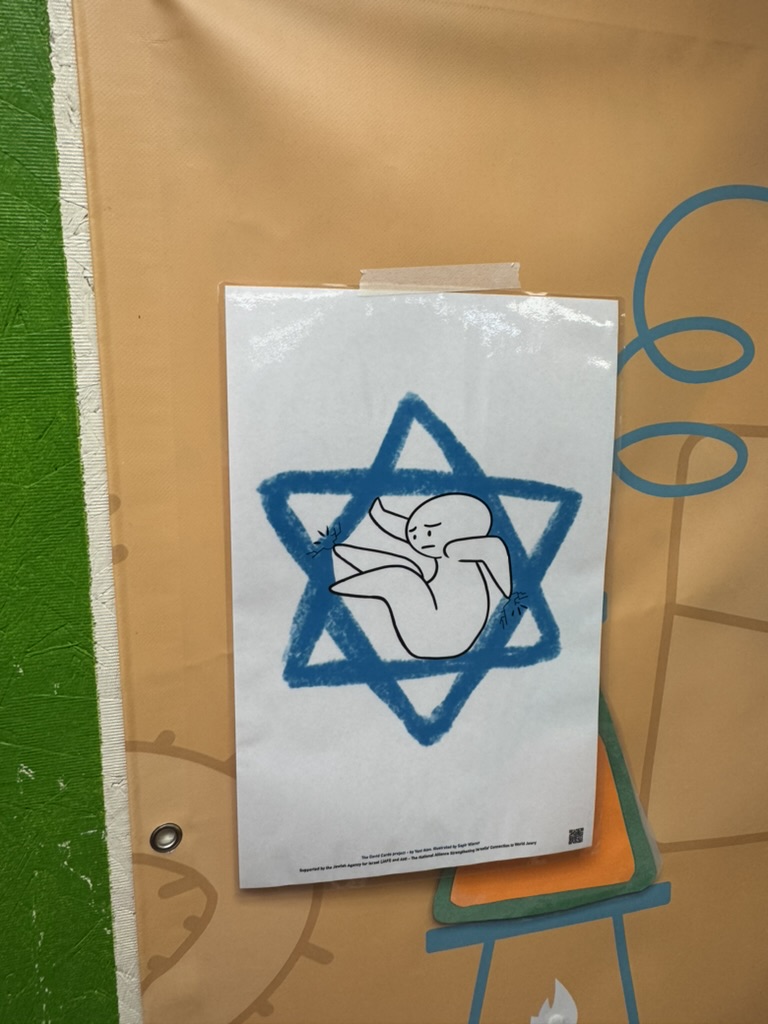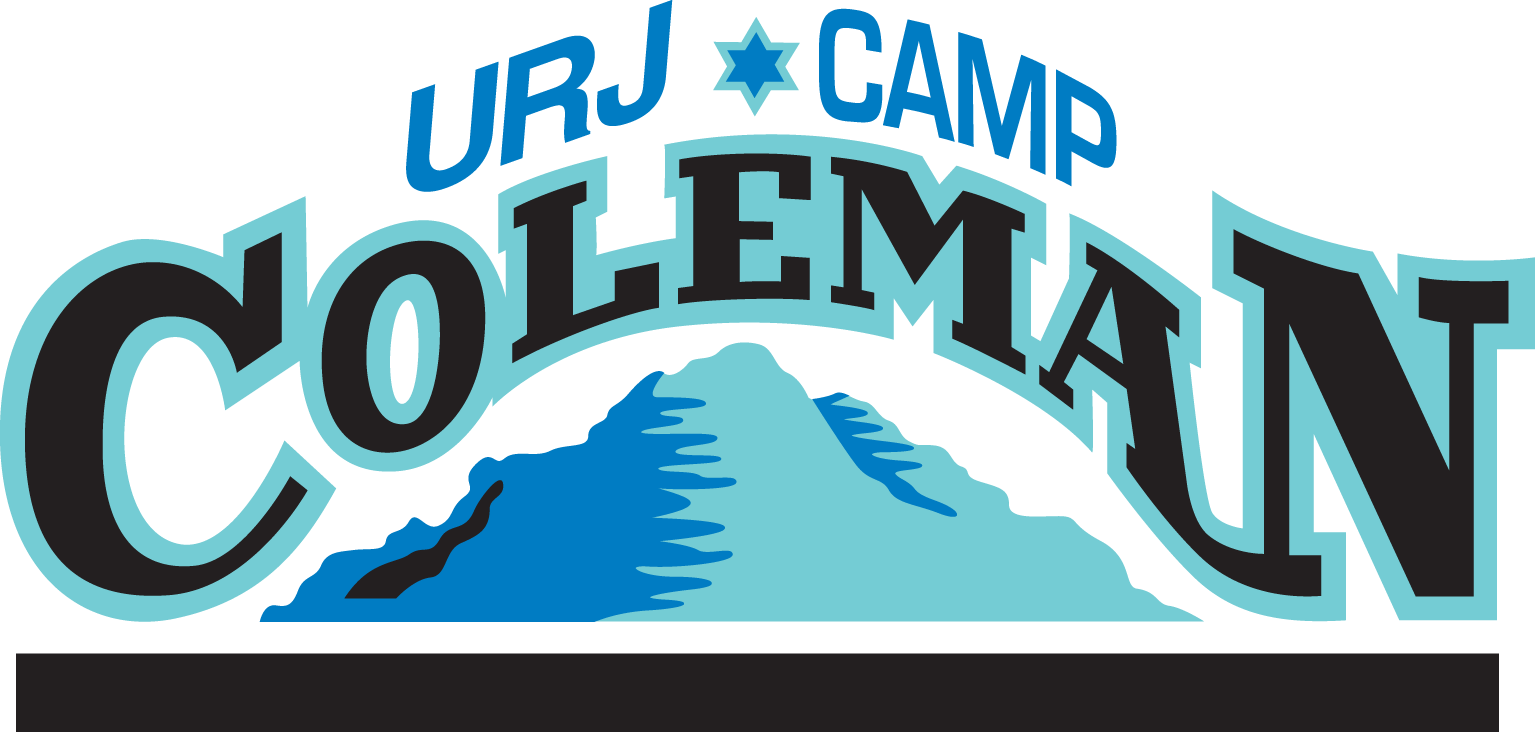By Rabbi Asher Knight
As a parent, I want my kids to come home from camp with more than just good memories. I want them to return with friendships that stretch across borders, with stories that make them feel proud, and with questions that they carry not because they are confused, but because they care.
At Camp Coleman, we believe that Israel education should grow alongside our campers. It should reflect not only what they know, but what they are ready to feel. We have designed a framework that begins with connection and expands into complexity, courage, and clarity.
Our youngest campers in Bonim, Kochavim, and Solelim begin with the simple, joyful idea that Israel is theirs. They sing Hebrew songs, learn about Jewish celebrations, play games, and meet Israeli staff who make Israel feel personal. These are the years when we focus on belonging. We want our campers to feel that they are part of a people and a place, even if they have never been there. This stage is about joy and curiosity, rooted in language, tradition, and relationships.
As they grow into Tsofim and Nachshonim, campers begin to learn that Israel is not only theirs. It is also complex. They explore questions about Zionism, maps, land, and history. They begin to understand that there is more than one story. They are introduced to respectful disagreement and thoughtful conversation. These years are not about teaching one answer. They are about making space for questions to emerge and about learning how to hold them with integrity.
By the time they reach Kesher and Chalutzim, campers are beginning to wrestle with big ideas. These are the years when many begin to confront the emotional weight of being Jewish. They are seeing posts online that make them feel judged or misunderstood. They are navigating friendships where politics feel personal. They are asking how to stay connected to a place and a people that are often debated in ways that feel exhausting or painful. They are also discovering the power of staying rooted in what matters most.
This summer in Chalutzim, a group of campers reflected on simple but powerful images: stick figures paired with the Star of David. From these drawings emerged a conversation filled with honesty and vulnerability. Campers spoke about what it feels like to be Jewish right now. Some shared a sense of pride. Others named fear. One camper said they had taken off their Jewish star necklace, while others said they had started wearing theirs more often. Several spoke about how saying “I’m Jewish” now leads to questions about Israel that they do not always know how to answer. Beneath their words was a longing to feel understood, and to stay connected, even in moments of uncertainty.
Our Israeli staff responded with deep listening and thoughtful reflection. They spoke about the pressure they feel to represent Israel, especially in moments when it is being judged from a distance. They described the experience of living as part of a Jewish majority at home, and what it feels like to step into spaces where being Israeli invites questions, assumptions, or even criticism. What unfolded in that circle was not about agreement or resolution. It was about relationship. It was about creating space to be real with one another, and to stay connected even when the conversation was hard.
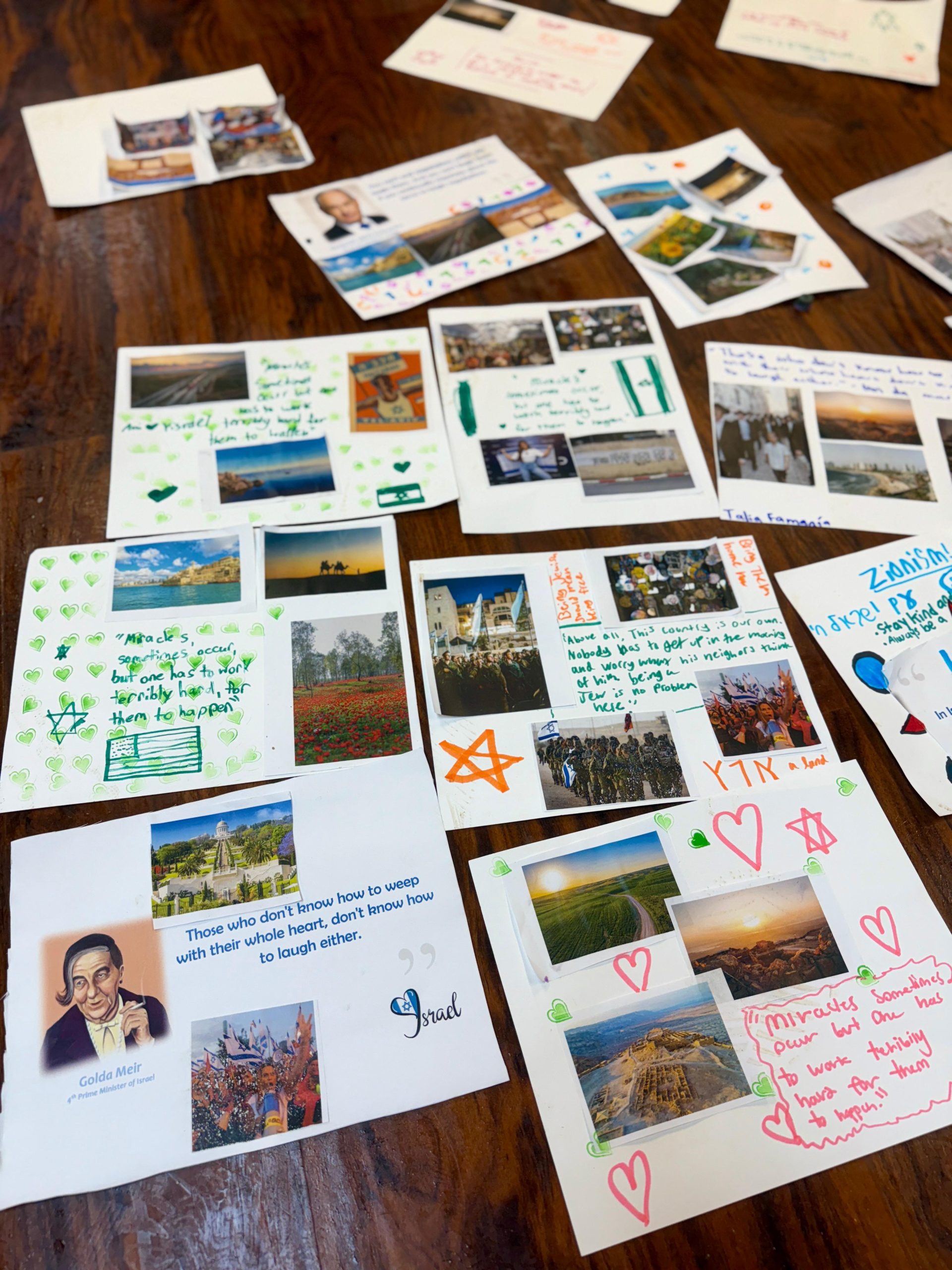
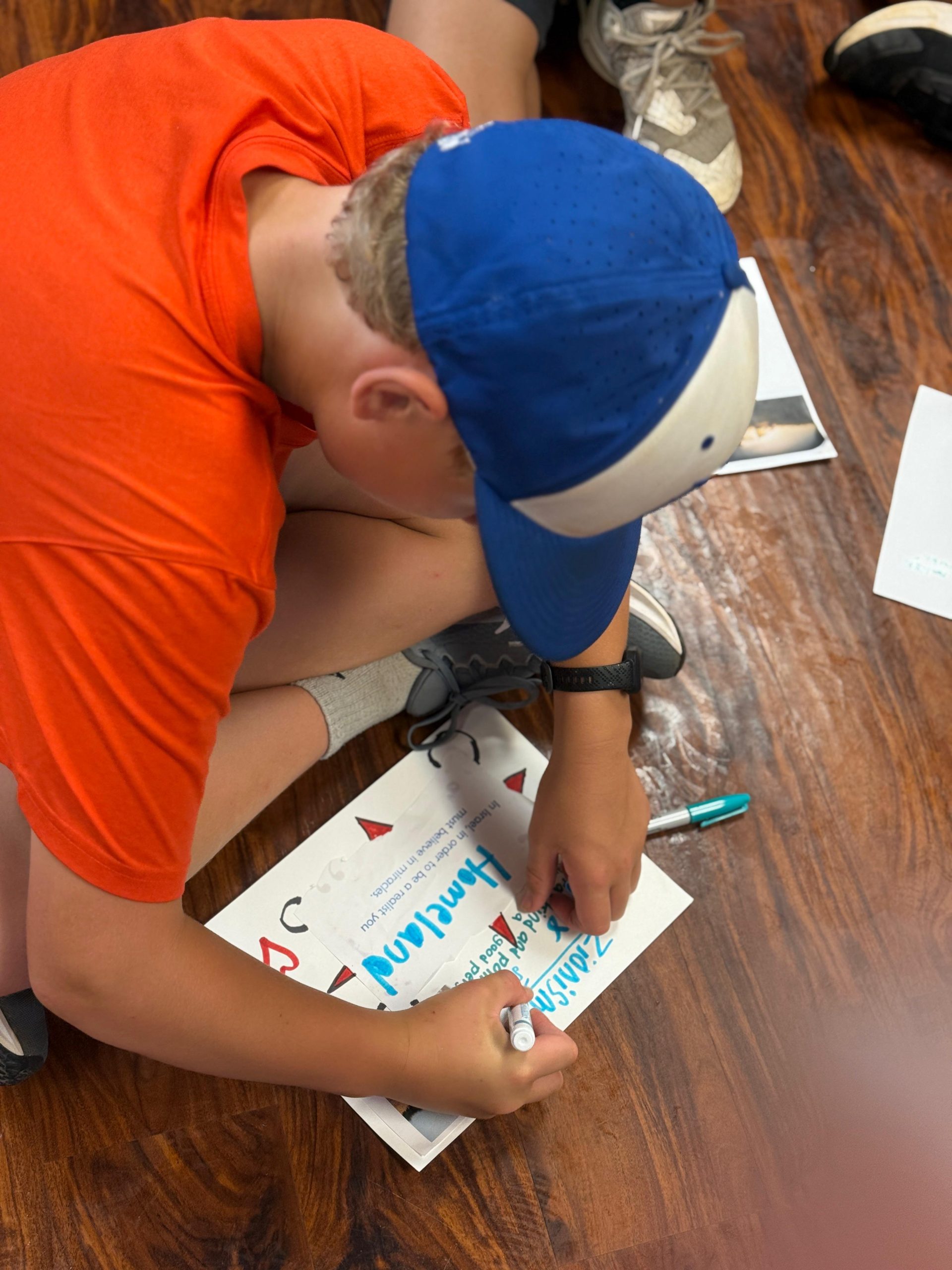
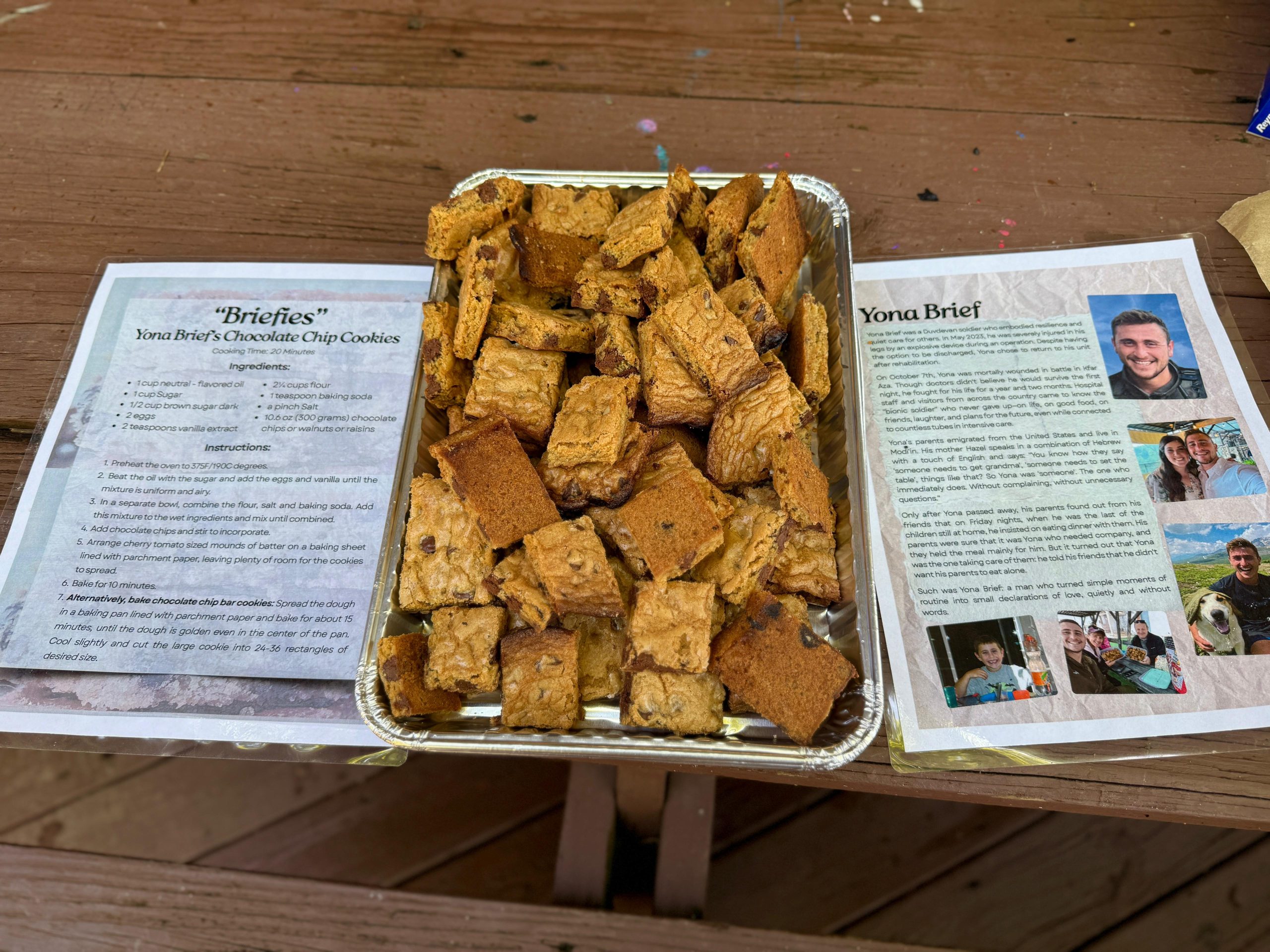
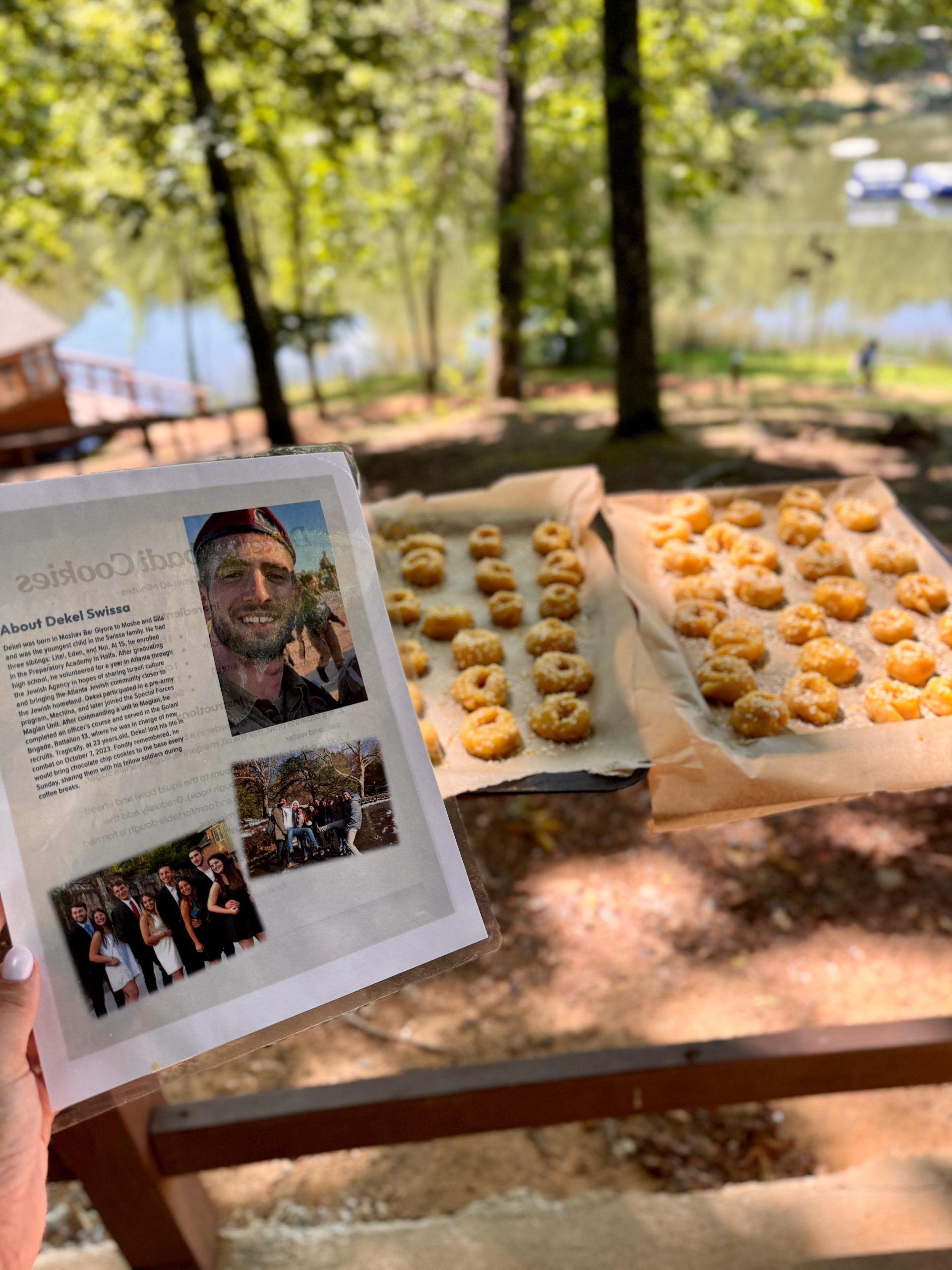
Our goal is not for every camper to leave with one idea about Israel. Our goal is that they leave feeling more whole. That they carry their Jewish identity with integrity, not perfection. That they see Israel as part of their story, even when that story includes tension.
This is Israel education at Camp Coleman. It is thoughtful. It is relational. It is grounded in love, trust, and growth.
And it is happening every day in quiet conversations, in messy art projects, in song sessions, and in moments of surprising clarity. We are not only teaching about a place. We are helping campers understand who they are and who they are becoming.
